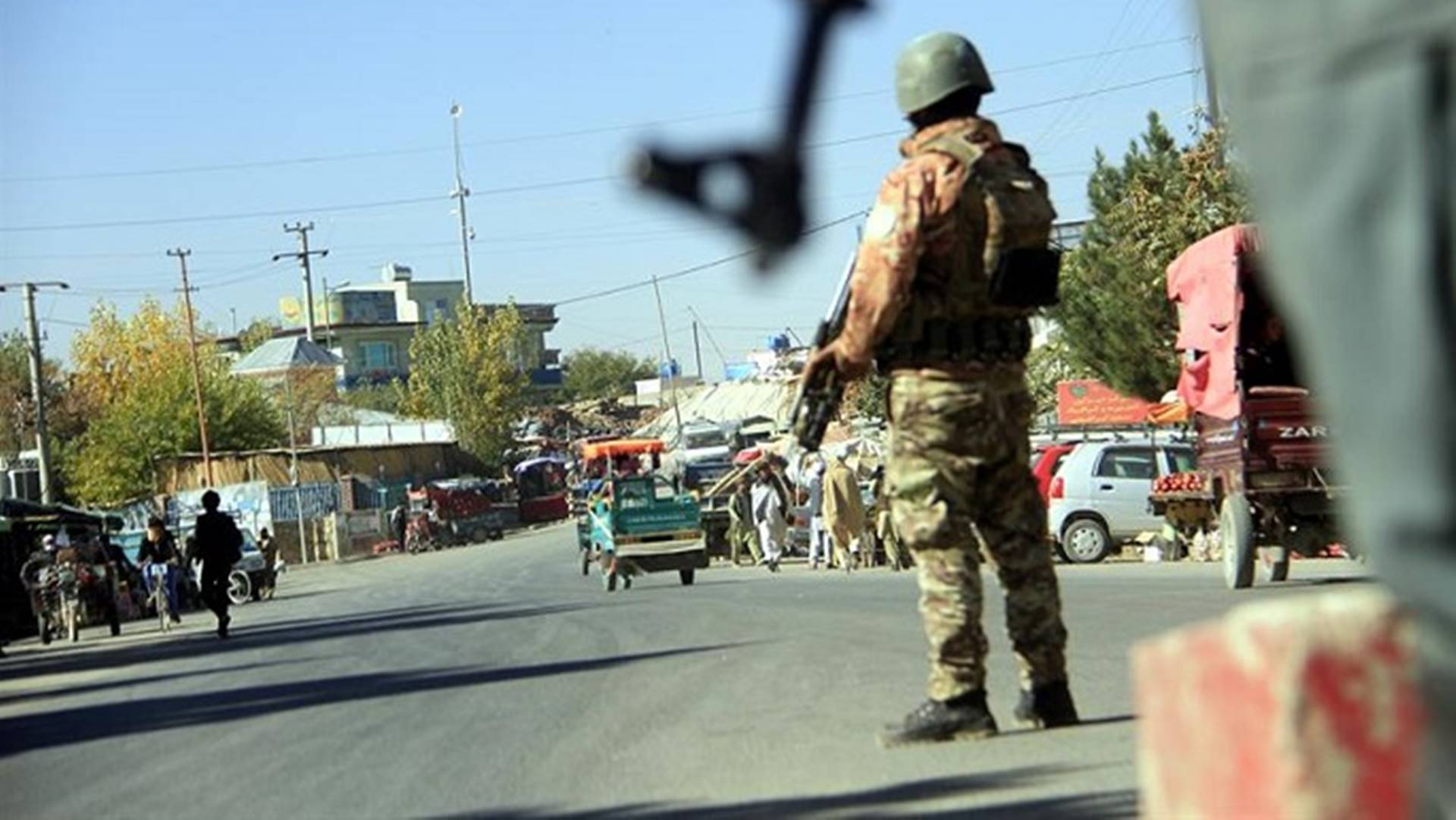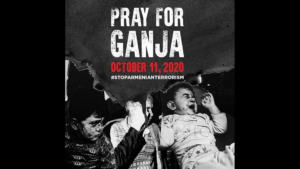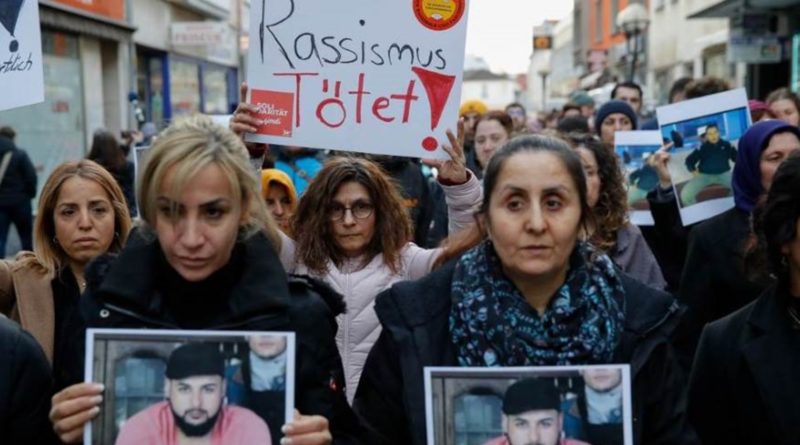The Afghan government announced on Tuesday that a regional leader of the Al Qaeda had been killed in a special forces operation, the second such killing of a senior commander of the terror group in the country within a month, even though the Taliban insist they have broken all ties with the group.

The main Afghan intelligence agency, the National Directorate of Security, said in a statement that its special forces had killed “Muhammad Hanif, also known as Abdullah, who was one of the senior Al Qaeda leaders for the Indian subcontinent.”
According to the NDS, Hanif, a Pakistani citizen who had been an Al Qaeda member for a decade, was gunned down in a special operation in the Bakwa district of the western Farah province.
The agency did not reveal the time and date of the operation, although adding two Pakistani women were arrested from the location where the encounter took place.
Related Posts
According to the NDS, Hanif had earlier been a member of the Taliban and maintained close contact with the group despite joining Al Qaeda in 2010.
“(He) was providing training and helping the Taliban in making explosive devices such as car-bombs and IEDs,” the statement said.
This is the second major setback for Al Qaeda in the country in less than a month after on Oct. 24 the NDS announced the killing of its deputy leader in the Indian subcontinent, Abu Mohsin al-Masri, a close associate of the group’s top leadership.
Masri was allegedly one of the few remaining figures who had been involved with Al Qaeda when the group plotted the 9/11 attacks in the United States, which killed more than 3,000 people and led to the US invasion of Afghanistan after the Taliban refused to hand over Osama bin Laden to Washington.
According to the NDS, al-Masri had close relations with the Taliban and the Haqqani network and he had financially and logistically helped these groups.
He had allegedly lived in both Afghanistan and Pakistan under the protection of the Taliban.
These claims go against the Taliban’s promise under their historic Doha agreement with the United States, signed in February, that they would break any ties with terror groups – particularly the Al Qaeda – in order to prevent Afghanistan from becoming a terror haven.
The killing of two senior leaders of al-Qaeda in the country, with alleged links with the Taliban, comes at a time when the militant group has been engaged in peace negotiations with the Afghan government since September in Doha, seeking to end nearly two decades of war.
dailyfinland / Balkantimes.press
Napomena o autorskim pravima: Dozvoljeno preuzimanje sadržaja isključivo uz navođenje linka prema stranici našeg portala sa koje je sadržaj preuzet. Stavovi izraženi u ovom tekstu autorovi su i ne odražavaju nužno uredničku politiku The Balkantimes Press.
Copyright Notice: It is allowed to download the content only by providing a link to the page of our portal from which the content was downloaded. The views expressed in this text are those of the authors and do not necessarily reflect the editorial policies of The Balkantimes Press.





